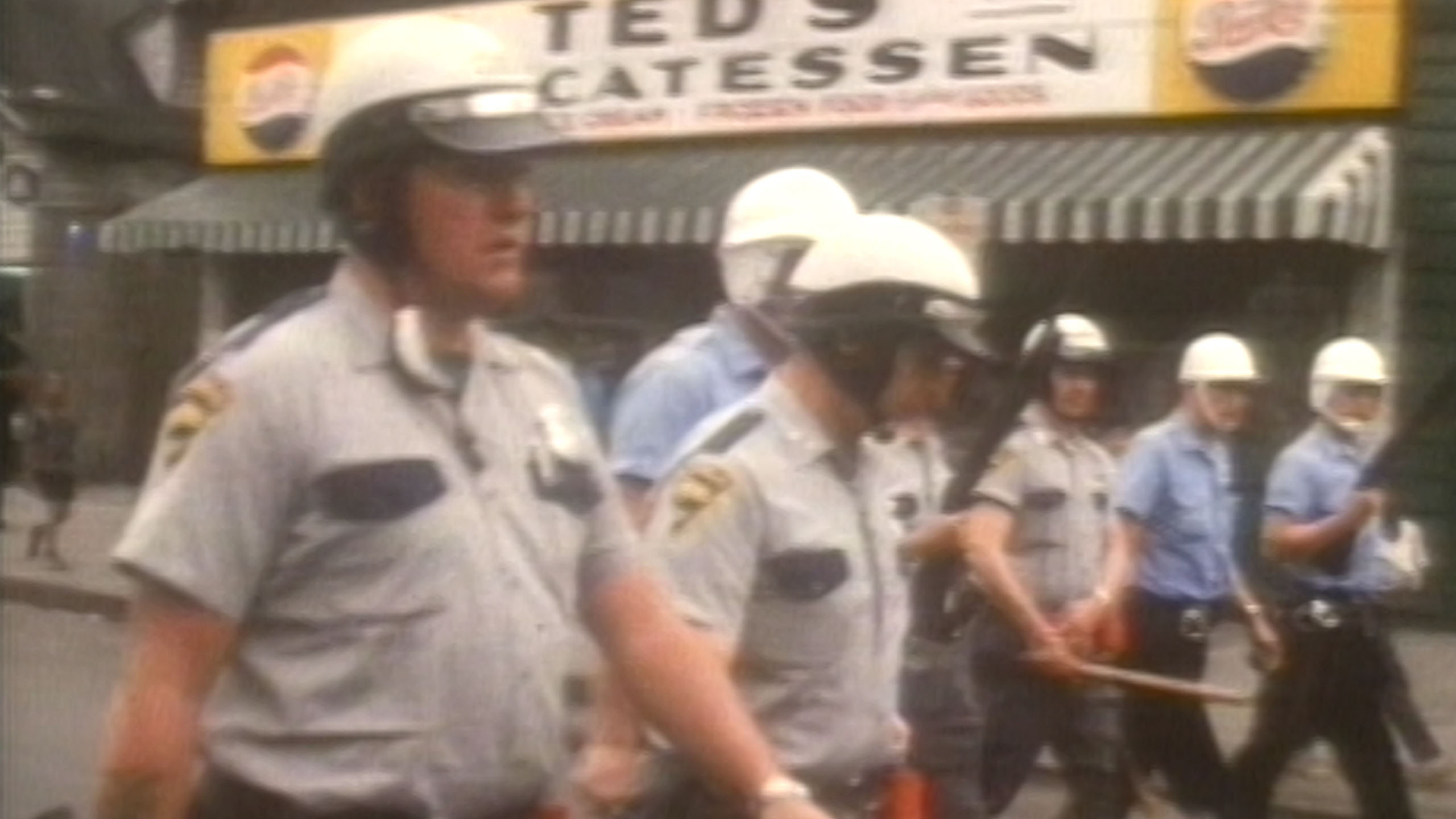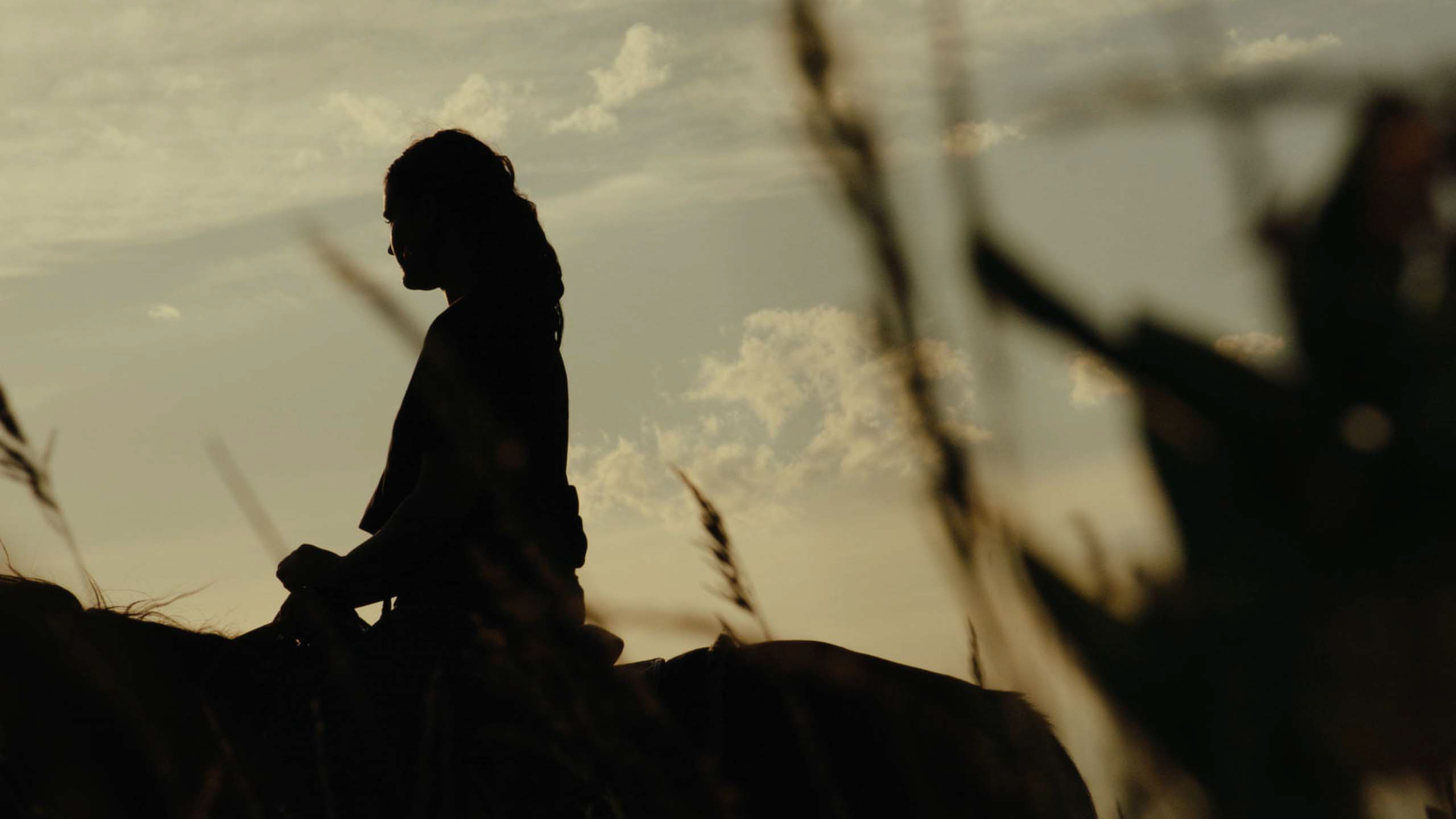Power
(USA, 86 min.)
Dir. Yance Ford
Programme: Premieres (World Premiere)
There’s a moment late in Power when director Yance Ford’s voice beckons from outside the frame. “Who’s ‘we’?” Ford asks his interviewee, Christy Lopez. The Georgetown law professor has just finished delivering a compelling and provocative argument: the brutal force that police inflict is technically legal and “we” allow it. Ford’s query hangs in the air for a moment.
Lopez, one of the stronger talking heads in Power, doesn’t quite know what to say. “I don’t allow it to happen,” Ford adds.
Lopez’s point therefore assumes two meanings. On one hand, a collective society may, in part, feel powerless when it comes to the might of the police state. Or they might simply turn a blind eye. The second argument that Ford’s query draws out, however, is that silent majority doesn’t speak for, or consider, everyone. The police state disproportionately hurts Black lives, so anyone who isn’t Black can keep their heads down with a degree of comfort. Ford’s incendiary documentary urges heads to snap back up, take notice, and fight the power.
The film offers a worthy follow-up to Ford’s breakthrough Strong Island, which interrogated the murder of his brother and the broken system that let the killer walk free. While Power might be more conventional in structure than Strong Island, Ford’s voice propels it from offscreen. This is a thoughtful documentary essay that runs with many themes considered in Ford’s previous work.
“This film requires curiosity or at least suspicion,” Ford advises in narration atop a black screen that opens the film. “I leave that choice up to you.” Ford addresses viewer throughout Power, often asking questions that evade immediate answers. The film builds a substantial fact-filled treatise and hands it to audiences to write the conclusion.
A Forceful Essay
Power, which will join Ford’s Strong Island on Netflix later this year, should remind audiences that while the streamer admittedly churns out some junk and octopus movies, it really does deliver some substantial political docs in the queue. Ford’s topical film asks a big question about how America came to yield so much power to the police state. He traces the query back to slavery and situates the practice as an evolution of the control that plantation owners exerted over slaves. Practices from the past evoke contemporary cuffings and rides in the back seat.
But Ford, joined by an array of academic talking heads and activists, outlines clearly the connection between the rise of the police state and the suppression of Black Americans. For example, the film notes how Americans of Irish or Italian descent, say, were treated comparably to their Black neighbours. But, eventually, those in power afforded these groups a layer of whiteness to create a further chasm between races. The doc explains how these newly-“white” servants could still be whipped, but they got to remain clothed whilst taking lashes. Layers of dehumanization and spectacle go hand in hand with the display of muscle.
The film uses an array of archival material to compliment the perspectives of the talking heads. The slickly-cut doc offers snippets of an expansive history of systemic racism. A few frames of the Rodney King beatings here and some images of Klansmen there, and Power traces continuity in the USA’s methods for social order. Some points are obvious while others, like recurring images of a mushroom cloud from a nuclear blast, don’t quite connect. But they do leave a violent shroud on the material, suggesting a ticking bomb that’s run out of time.
Inspector Adams
Outside of the talking heads, Ford goes to the front lines of policing and observes the challenges of policing while Black. The film finds a great character in inspector Charlie Adams, a longtime cop whose Minneapolis beat is mere miles from the site of George Floyd’s murder. Adams takes Ford along for a ride while he patrols his neighbourhood. He points out where the high school quarterback was recently shot dead in the street. Adams adds that the boy may simply have bumped into his killer while walking by, but all they have was another senseless death on their hands.
Some of his reflections may be controversial. For one, he shows Ford the surveillance cameras that observe the area. He can watch drug deals unfold from his desk, but while Ford wonders about the obvious violation of people’s privacy—noted with some chilling inserts of thermal imagery showing surveillance of folks’ backyards—Adams likens it to a trade-off. He wants to keep his precinct safe even if it means some compromises.
A telling scene, which is almost Wiseman-esque in its observational power, sees Adams meet with members of his community to discuss policing and Black lives. Adams says that he used to believe that having more Black cops might correct the revolving door of Black youths failed by the system. But he admits that nothing really changes, although he certainly missed opportunities for advancement by speaking up throughout his career. Nobody, his neighbours note, seeks to rehabilitate Black youths or address the social issues that precipitate crime. The bombs just keep ticking. “When you contain and control people for a living,” Ford asks, “what does that power do to you?”
2020 and a New Reckoning
The film offers provocative material that can’t help but rile a viewer up against a sense of powerlessness. Particularly when the archives punctuate images of the past with familiar shots from the present, the film underscores the systemic apathy that allows the abuse of power to continue. Power inevitably builds to the 2020 murder of George Floyd and the social reckoning it sparked. In cases like this one, Ford obscures the violence from sight. He blacks out Floyd from the video and simply leaves the witnesses in the frame. They protest to cops unfazed by the violence of their colleagues. It’s all part of the job, as the footage that precedes Floyd’s death reveals.
Moreover, the film joins a growing number of docs and commentaries that anticipate the next step after the racial reckoning of 2020. Ford captures a sense of restlessness after all those marches, protests, and platitudes failed to make substantial change.
Ford ends the film not with another propping question, but rather a quote. It’s a line from Frederick Douglass. “Power concedes nothing without a demand. It never did and it never will.” Maybe it’s time that we demanded more, the quote implies. The “we,” in this case, feels appropriate.














